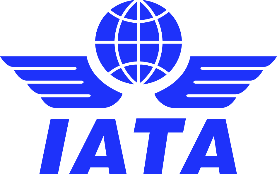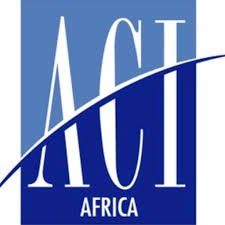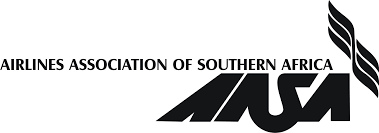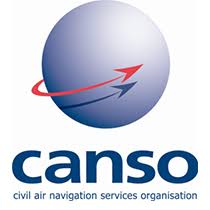This year’s edition of the African Aviation Industry Group (AAIG) Aeropolitical Forum was held on the 11th of November 2020. The event was attended by 140 participants from African airlines, Civil Aviation Authorities, Airports, Airline Associations, Ministries and related agencies, private sector groups, non-governmental organizations, aviation service providers and the media.
Every year, the forum is held on the sidelines of the AFRAA Annual General Assembly. The forum presents a unique opportunity for key stakeholders in African Aviation to articulate, in detail, the industry issues highlighted by the AFRAA AGA. The forum then consolidates recommendations for strategic priorities in the coming year that can improve the operating and regulatory environment for African Aviation.
The 2020 AAIG forum was held under the theme – “African Aviation’s Recovery Strategy – The Way Forward”.
KEY TAKEAWAYS AND RECOMMENDATIONS
i. Continued financial support for all the key stakeholders of the African aviation industry (through direct cash injections, credit or loans and deferrals or discounts on charges and concessions) remains critical. We urge States and donor institutions to provide the funds pledged to ensure survival, business continuity of key stakeholders of the African aviation industry. Financial support for the stakeholders concerned goes beyond just the COVID-19 pandemic response, it is an imperative to safeguard the gains made by Africa on safety over the years.
ii. To restore connectivity through the opening of borders, the next phase of the COVID-19 pandemic response should focus on consistency and harmonization of entry and exit protocols, mutual recognition and trust framework between states, alleviation measures and promoting rapid cost-effective testing as the alternative to quarantine. The COVID-19 crisis presents an opportunity to boost intra-Africa connectivity via harmonized health protocols across Africa.
iii. Continued focus on the implementation of the YD and the SAATM is more important than ever, particularly as a key cornerstone to revive the sector. The State SAATM readiness index can be used as a tool to identify a “Club of the Ready and Willing “(CREW) and pursue incentives for the promotion of new intra-Africa routes (tax incentives, priority for financing, etc.)
iv. Promotion of a synergy and better coordination between the implementation of the SAATM and other initiatives of the AU 2063 Agenda such as the AfCFTA and Free Movement Protocol. The AAIG will highlight the available opportunities between these AU flagship projects for Aviation and promote platforms for engagement.
v. Creating a cost competitive landscape for African aviation by reducing costs across Africa (e.g. finding solutions to increase traffic for more volumes could result in reduction of taxes and charges for users). The AAIG will facilitate interactions between OEMs, Airlines, Airports, ANS, Financiers and Governments to drive down operating costs in Africa, with set KPIs.
vi. Airline cooperation is vital – activities such as interlining, code-sharing, other forms of partnership should be promoted. Airlines repositioning and rethinking is also critical.
vii. African airlines should mainstream Cargo as a strategic pillar for growth.
viii. Cooperation for the improvement of seamless airspace through the deployment of infrastructure and development of technical staff.
ix. Multi-sector collaboration and a holistic cross industry framework (sharing of data, harmonization of processes for a seamless experience, etc.) is important and should be promoted (e.g. linking aviation with other sectors such as finance, trade, hospitality and tourism).
x. Digitization and technology present new opportunities for the industry and should be embraced to support enhanced efficiencies, increased revenues and reduced costs.
About the AAIG
The AAIG brings together airlines through their associations AFRAA, IATA, AASA, airports through ACI-Africa, ANS providers through CANSO Africa, OEMs, DFIs, and individuals passionate about Aviation in Africa, for a strong advocacy power, and common initiatives.







